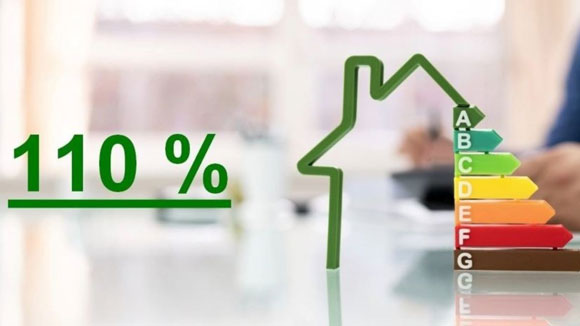MILAN: in a large condominium of 230 condominiums, 110% Superbonus 110% interventions were decided for about 33.5 million, with an invoice discount and credit transfer. The works included replacing clinker with porcelain stoneware, changing the colours of the façades and a new vertical strip at the balconies. A group of co-owners challenged the resolution and requested its suspension. At the first stage, the judge rejected the request for suspension, finding that there were no grounds.
THE DECISION OF THE COURT IN REFORM OF THE PREVIOUS ORDER.
On the other hand, the collegiate court upheld the grounds of the appellants and suspended the enforceability of the resolutions adopted in May 2021 by the condominium.
The main topic dealt with in the order concerns the infringement of architectural decorum.
The judges first of all note that the project provided for the installation of the thermal insulation ‘in a manner that entails the radical exterior change of all the facades, in terms of materials, colours and additional ornamental elements’. And they add that in this way the appearance of the buildings would be altered ‘because the mere substitution of the clinker – which is a characteristic of many buildings in Milan typical of a precise historical period, and which imparts a distinctive feature, from the aesthetic point of view, to the buildings, contributing to give them a specific identity and physiognomy, implies its total alteration from the aesthetic point of view’.
Moreover, the prohibition of innovations detrimental to the architectural decorum, established by Article 1120 of the Civil Code is ‘unconditional and allows even a single condominium owner to express his dissent and to take action for the restoration of the original characteristics of the building (Cass. 851/2007)’.
And the specific rule on the Superbonus, the College observes, does not derogate from the discipline of the Civil Code, since ‘as recently clarified by the jurisprudence of legitimacy in a similar case (relating to previous legislation in the sector), any alteration of the architectural decorum constitutes a limit imposed on the legitimacy of the innovation aimed at improving the energy efficiency of the building (Cass. ord. no. 10371/2021)’.


